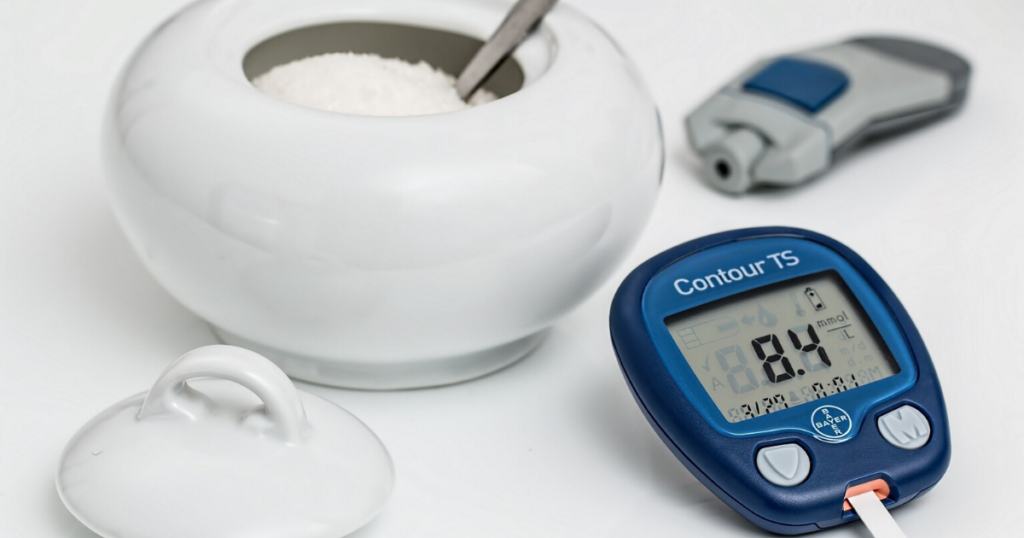Advertisements

A human body depends on different nutrients for survival. This way, it forms a strong immune system that can fight diseases. In this case, magnesium is a nutrient that is found in various food substances, and it is meant to make your body healthy and active. The most crucial benefit it has shown in the human body is the prevention of type 2 diabetes. This is because magnesium helps in the formation of insulin in the pancreas. However, low magnesium levels increase your chance of acquiring type 2 diabetes. To avoid low levels of magnesium, you are advised to take large intakes of healthy food. Here are the impacts of low magnesium on insulin mechanism:
1. Blood Sugar Levels

Blood sugar levels are essential to human functionality since they determine if you have any chance of suffering from diabetes. There are two types of diabetes: type one and type two. In this case, type 2 is the most common type of people who are having low magnesium count in their bodies. Magnesium is found in food mostly in the vegetables since it is store by the green coloring matter. Once you have low magnesium levels, the insulin released by the pancreas becomes resistant, and it is unable to take part in regulating blood sugars. This way, you start developing type2 diabetes, which can have adverse outcomes for your body.
2. Hypertension

Magnesium is a crucial nutrient that you require for stable health. Low magnesium has been linked to several diseases that are vital to how the body works. Hypertension, which is well known as high blood pressure, has been a significant cause of diabetes. This is brought by low levels of magnesium that exist in your system. Once you experience this in your body, there is a high chance of you having heart diseases. This is through research that was carried out by the clinical practitioners. To prevent this, you are advised to depend highly on good eating habits and supplements. Patients suffering from hypertension are recommended to avoid any intoxication that is not prescribed by the doctor.
3. Full-blown Diabetes

According to studies taken, the number of people who have diabetes has increased drastically over the past years. This is due to changes in the lifestyle and introduction of processed food that contain less magnesium. Once you lack this knowledge as a diabetic patient, it lowers your rate of healing or stabilizing the blood sugar levels. In such a situation, you become prone to diseases that are linked to diabetes. For full-blown diabetes, it is good that you increase your levels of magnesium through a good lifestyle and avoiding processed food. For instance, people who have type 2 diabetes are required to visit the doctors to check up whenever possible. This way, they will be given magnesium supplements that can stabilize the insulin being released in their system.
4. Insulin Sensitivity

Suffering from type two diabetes is a common challenge that has been on the rise over the past years. This has made the health of the majority of people to deteriorate and have a weak immune system. Once you experience this, there is a high chance of numerous contraction diseases that may affect your performance. Insulin sensitivity is the key regulator of the blood sugar present in your body. Once you have low magnesium, it implies that your insulin being produced is not able to relate well with the regulation of your blood sugar. This way, you tend to suffer from type 2 diabetes. Consuming food rich in magnesium can be beneficial since it helps your body to produce insulin that has a correspondence with your body functionality. Supplements can also be an excellent choice to make once the doctor prescribes them.
Advertisements
Advertisements
